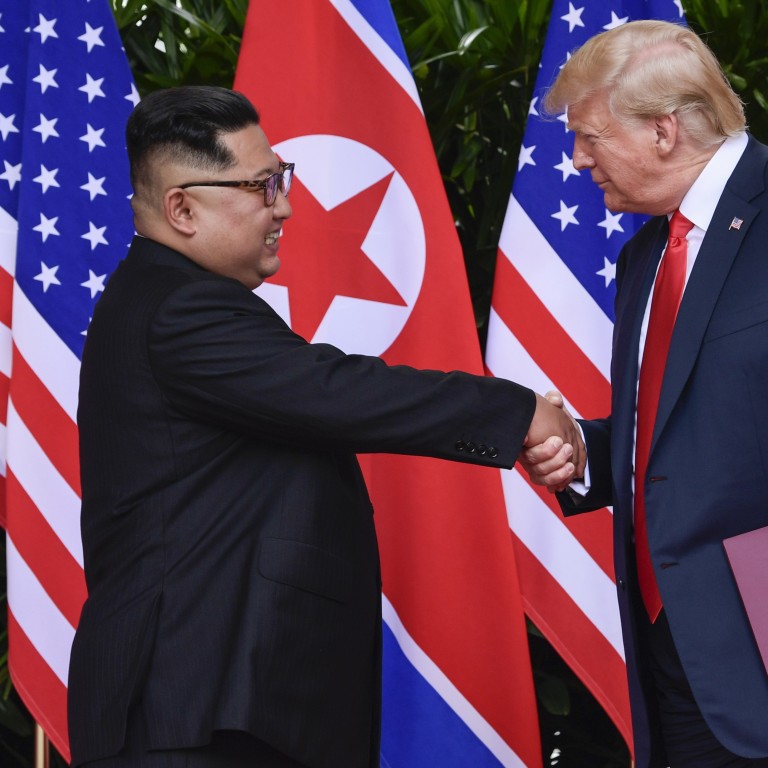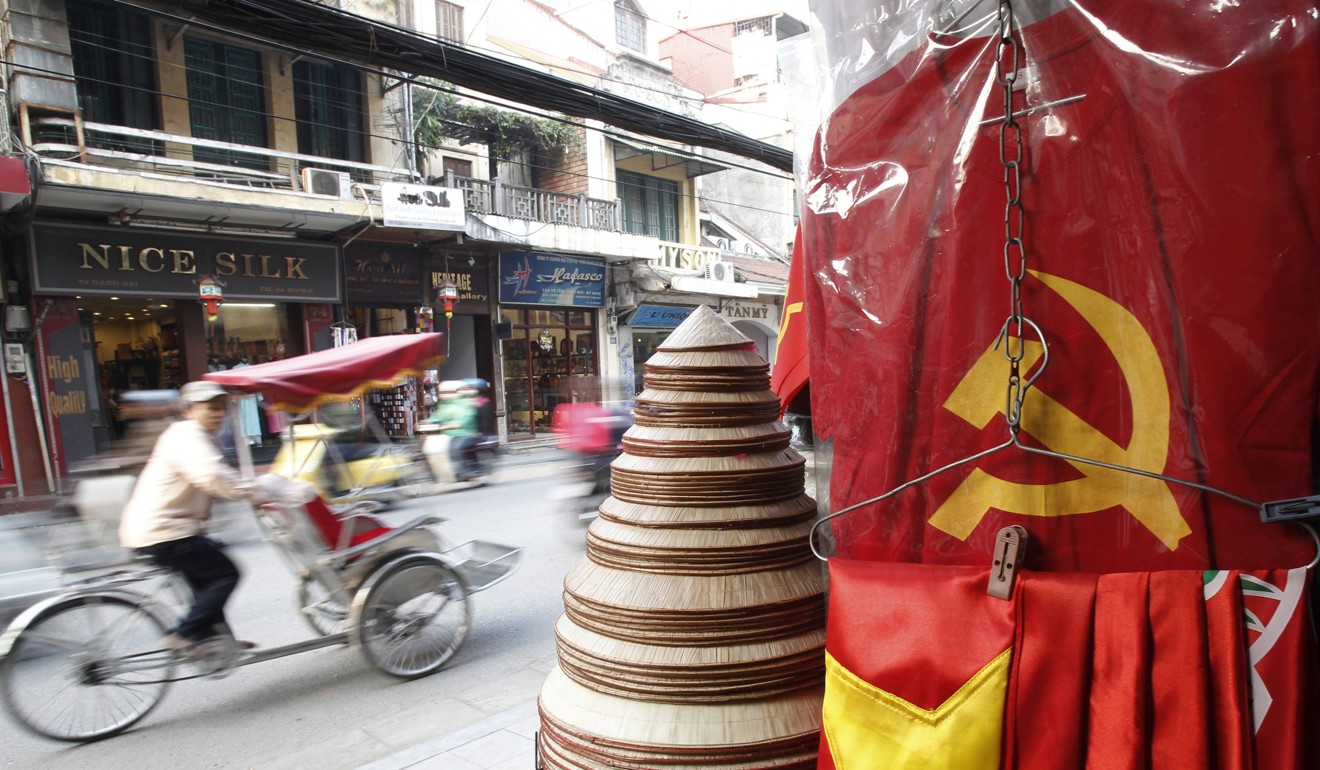
Why Vietnam may be ideal venue for a second meeting between Donald Trump and Kim Jong-un
- Southeast Asian nation’s physical location and its market reforms are two of the main advantages when it comes to hosting a summit between the US President and the North Korean leader
Vietnam’s adoption of free markets and its border with China are two of the main reasons why the country is being tipped as the host for a second meeting between Donald Trump and Kim Jong-un.
Other possible venues include Thailand, Hawaii and Singapore, where the pair met last June, but last week Chinese sources who had been briefed about the North Korean leader’s meeting with Xi Jinping said Vietnam was the front runner.
Japanese newspaper Yomiuri reported on Sunday that the US had also suggested Vietnam as a venue.
Observers said that Vietnam was symbolically important for both Washington and Pyongyang as it has diplomatic relations with both states and is seen as neutral.
In 2006, US president George W Bush signalled a new North Korea initiative – and raised the prospect of formally ending the Korean war for the first time – at a summit in Hanoi.
Koh Yu-hwan, a North Korea studies professor at Seoul's Dongguk University, said proximity to China was also a reason to choose Hanoi.
“It can be reached via mainland China … It would make Pyongyang feel somewhat less burdened with Kim’s security, ” Koh said.
Last year when Kim and Trump met in Singapore the Chinese provided security for the North Korean leader’s flight, during which he steered clear of coastal areas in an attempt to maximise his security.
Lee Yun-keol, a former bodyguard for North Korea’s ruling family who defected to the South in 2005, has previously said Kim’s route would be a major concern for the North Koreans, who are always concerned about assassination attempts.
UN sanctions take bite out of China’s trade with North Korea
Zhao Tong, a fellow at the Carnegie-Tsinghua Centre for Global Policy in Beijing, said Vietnam “meets all the necessary criteria” for a summit.
Vietnam has “was [once] isolated but is now much more open to and interconnected with the international community with growing economic potential – a precedent that could be studied and followed by North Korea,” he said, adding that China, North Korea’s only ally, would be “very supportive” of the summit.
“Reducing the tensions over North Korea's nuclear programme would then open the door for China to deepen economic engagement with North Korea, which is a key foreign policy goal of China and can also help reinvigorate economic growth in northeast China,” Zhao said.
Vietnam began its programme of free-market economic reforms known as Doi Moi in 1986, with the goal of creating a socialist-oriented market economy, along the lines of Deng Xiaoping’s Chinese reforms.

Doi Moi, which literally means renovation, included free-market measures such as the decentralising the government, ending price controls and encouraging the establishment of private businesses.
Koh also argued that the prospect of rapid economic development could help convince North Korea to abandon its nuclear arsenal.
“The US could envision North Korea adopting an economic development model like Vietnam’s, a socialist country adopting [a free market system] …
“Throughout the two summits, the US may want to convey a symbolic message that North Korea may choose from the economic models of either Singapore or Vietnam,” Koh said.
Xi in North Korea: Chinese president ‘agrees April talks with Kim’
Apart from the support it receives from China, North Korea faces major barriers to its economic development and has been subject to strict UN sanctions since September 2017.
But Sean King, a former US diplomat who is now senior vice-president of political strategy firm Park Strategies, pointed out that the situation of North Korea is far from that of Vietnam in 1986.
“Vietnam could afford to open up economically only after its own North and South unified. As an unabashedly ethno-nationalist state, North Korea can't risk up opening up economically so long as there's a wealthier, larger ethnic-Korean state next door,” King said.
Experts were also generally sceptical about the outcome of the second summit, noting the possibility that the talks may end up being a disarmament negotiation rather than denuclearisation arbitration.
“A more limited agreement is more realistic, in the form of freezing and restraining North Korea's nuclear and missile capabilities and programmes. That can be a meaning step towards containing the danger caused by North Korea's nuclear weapons … A fundamental breakthrough on North Korean denuclearisation is unlikely,” Zhao said.

